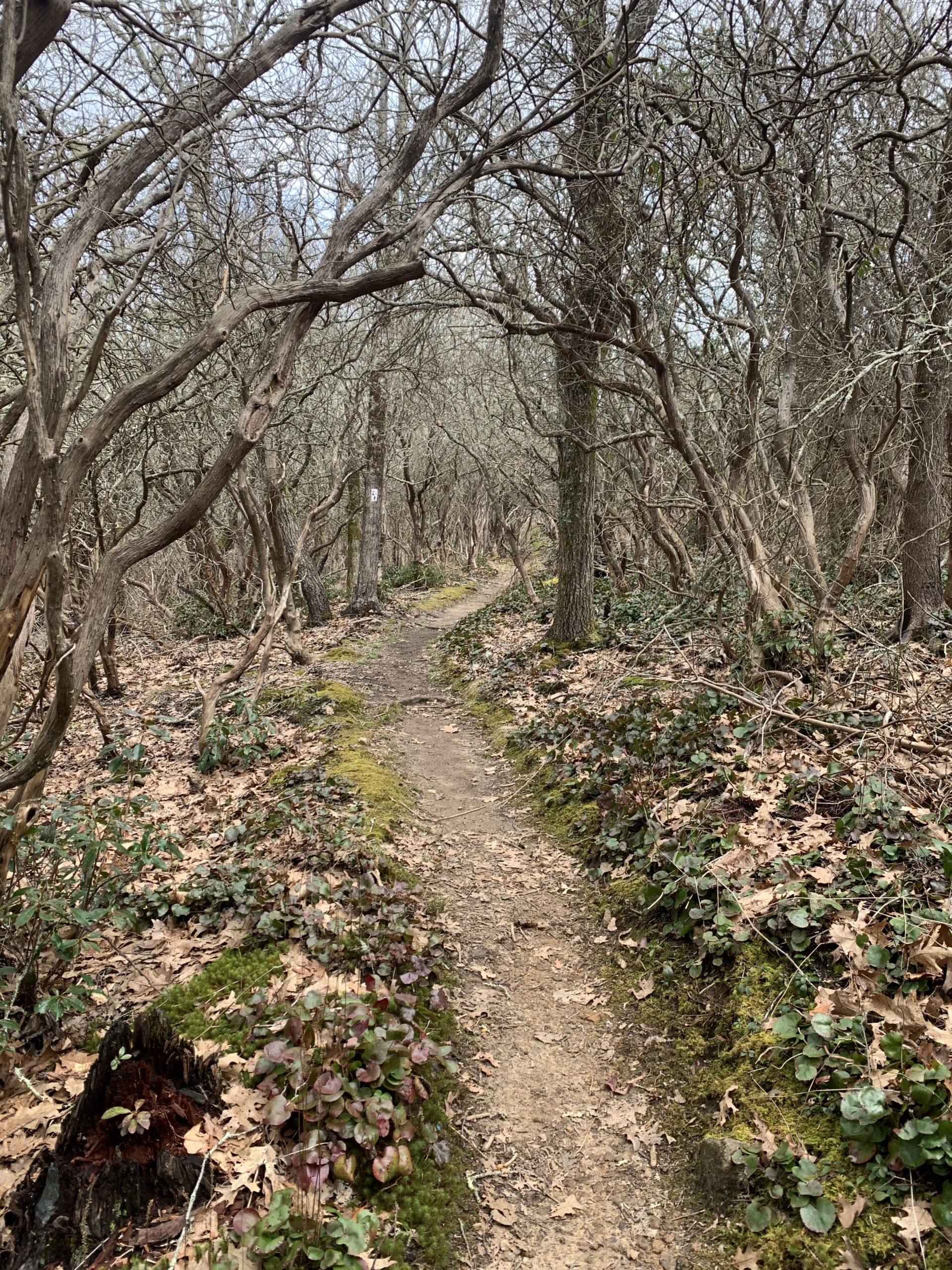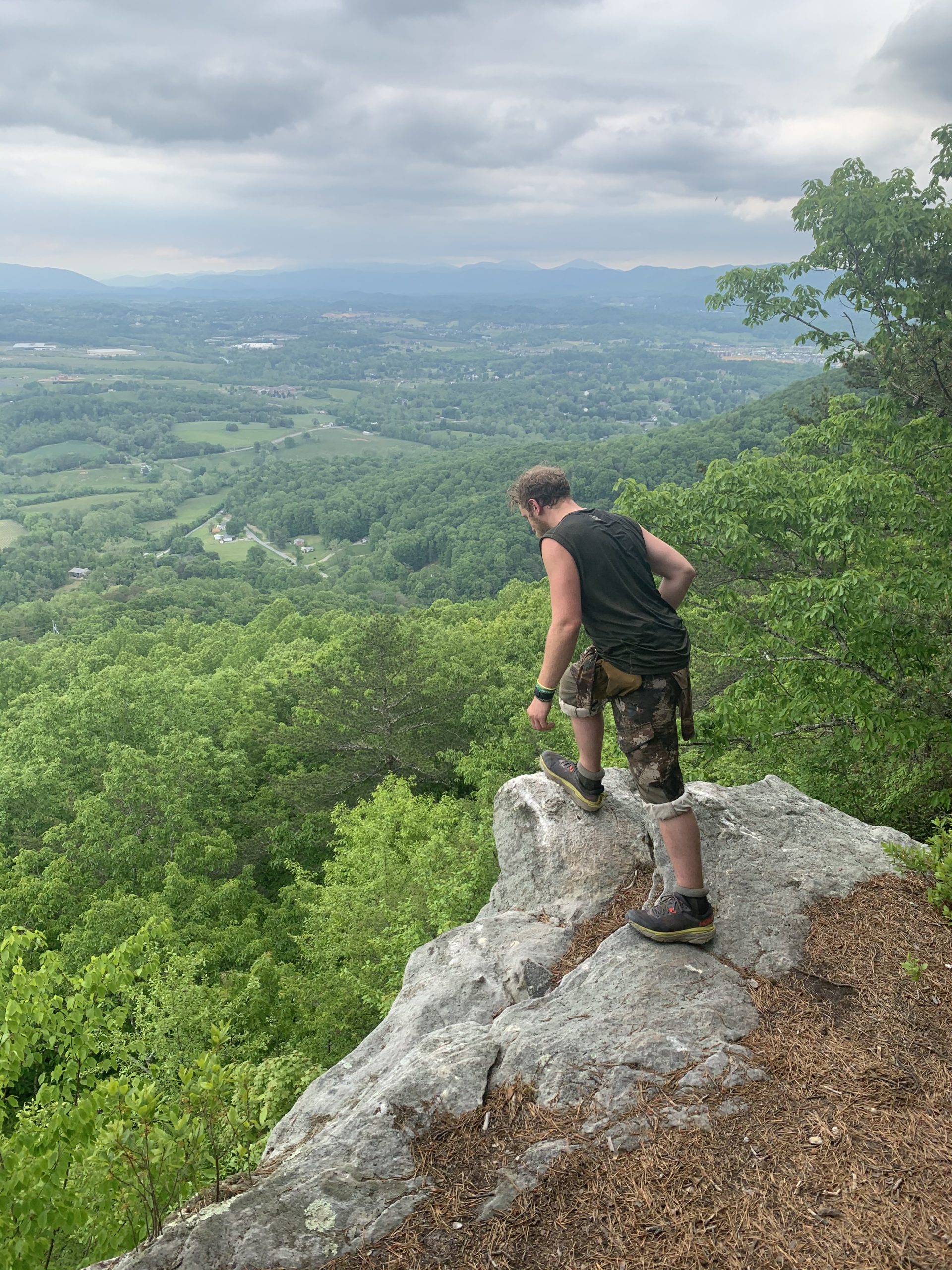Anatomy of a Hiker: Who Are We Really?
When long-distance hiking, certain philosophical quandaries often tickle the forefront of your awareness and beg to be explored on a deeper level.
I’ve thought about one question in particular for a long time and still have not yet settled on an answer.
That is predominantly what this article will attempt to rectify.
The Real Hiker
While thru-hiking the Appalachian Trail, one of the people in my tramily and I began a conversation which has often been weighed in my mind.
This is not something which was discussed only once. In reality, we talked about it in detail every few hundred miles. I never once remember either of us having the same answer twice.
The question this discussion was built upon was this:
What is a real hiker?
So What Is a Hiker?
The Cambridge English Dictionary states that a hiker is “a person who goes for a long walk in the countryside.”
To me, that sounds like a definition written by scholars rather than doers. One thing I am certain of is hikers are doers.
But if that isn’t an adequate explanation, what is?
A Fair Postulation
In all of my discussions with that tramily member, one theme came to a head over and over: experience.
See, when we had both just begun the trail, we heartily agreed that we were hikers.
But we hiked further and we had the conversation again, and again. For a few more times, both of us agreed we were hikers but that we had not been the previous time we had the same discussion. Towards the end of the trail we began to agree that, as we gained greater and more in depth experience, we were not actually hikers at all despite the thousands of miles we had under our belts.
The Logical Conclusion
The way I have come to see it, there is only one logical conclusion to this question while looking at the direction our answers began to point towards.
Perhaps you are never really a hiker until you gain such extensive experience hiking that you no longer benefit from any further experience.
A Solution
To be a hiker you need to hike, and often.
Set larger goals.
Immerse yourself in new environments.
Test varying methods and gear.
Push yourself.
Stay out longer.
Learn things no book can teach you.
***
If you enjoyed this article, you can find more of my work here.
This website contains affiliate links, which means The Trek may receive a percentage of any product or service you purchase using the links in the articles or advertisements. The buyer pays the same price as they would otherwise, and your purchase helps to support The Trek's ongoing goal to serve you quality backpacking advice and information. Thanks for your support!
To learn more, please visit the About This Site page.

 ">
">





Comments 3
This strikes me as a valueless question. It doesn’t matter what you are, only what have, are, and will be doing. There is no magical moment when a change takes place, there is no threshold, universally held. As far as I’m concerned, a hiker is one who is, has, or will hike. If I met someone on a trail a week ago, and I wanted to reference them to a third party, I’d say “I met a hiker the other day who…” If I saw someone on the trail tomorrow I might say “You’re a hiker who…” If I talked to a PCT-bound completely inexperienced person on the internet, I don’t think it would be any different. All those who hike are hikers.
For one, the purpose behind it is merely amusement. But I also see it as the basis of any ontoligical argument which questions where exactly the threshold of being, as it relates to a certain activity or action, is placed. I do not think we should call someone who picks up a guitar and starts strumming notes with no prior experience a musician. Though I think that is a situation more clearly decided by experience, it doesn’t seem like much of a different question than the one I asked in the article above. It could be that there is no objective answer to either of these things and if your premise is that these things are not based on experience, then so be it. I think the value is in the entertainment we get from attempting to answer these questions. But it is interesting to look at the discrepancies in what we think we are as individuals at a current moment in time and how those thoughts develop over time and experience to potentially prove our original understanding of things incorrect.
This seems silly to me. Considering such nouns as “hiker”, there’s an inherent “one who does (verb)” as part of the definition.
Lovers love. If they didn’t love, then they wouldn’t be lovers. They’d be something else.
Fighters fight. If they didn’t fight, then they wouldn’t be fighters. They’d be something else.
Nitpickers nitpick. If they didn’t nitpick, then they wouldn’t be nitpickers. They’d be something else. 😉
Why should the word “hiker” be any different?
Hikers hike. If they didn’t hike, then they wouldn’t be hikers. So if someone hikes, they are by definition, a hiker.